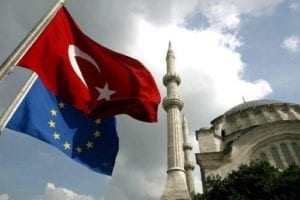 A quotes from Eric Edelman, U.S. ambassador to Turkey, 30 December 2004, published by Wikileaks:
A quotes from Eric Edelman, U.S. ambassador to Turkey, 30 December 2004, published by Wikileaks:
ID: 04ANKARA7211
Dokument dato: 2004-12-30 05:05:00
Release dato: 2010-11-28 18:06:00
Kilde: Embassy Ankara
header:
This record is a partial extract of the original cable. The full text of the original cable is not available.
[…]
SUBJECT: ERDOGAN AND AK PARTY AFTER TWO YEARS IN POWER: TRYING TO GET A GRIP ON THEMSELVES, ON TURKEY, ON EUROPE
1. (C) Summary: PM Erdogan and his ruling AK Party seem to have a firm grip on power — if for no other reasons that there is currently no viable alternative and inertia weighs heavily in politics. Nevertheless, Erdogan and his party face enormous challenges if they are successfully to embrace core principles of open society, carry out EU harmonization, and develop and implement foreign policies in harmony with core U.S. interests. End summary.
…
5. (C) Yet Erdogan and AKP face politically fateful challenges in three areas: foreign policy (EU, Iraq, Cyprus); quality and sustainability of leadership and governance; and resolution of questions fundamental to creation of an open, prosperous society integrated with the broader world (place of religion; identity and history; rule of law).
…
7. (C) But there“s always a Monday morning and the debate on the ground here is not so neat. With euphoria at getting a date having faded in 48 hours, Erdogan“s political survival and the difficulty of the tasks before him have become substantially clearer. Nationalists on right and left have resumed accusations that Erdogan sold out Turkish national interests (Cyprus) and Turkish traditions. Core institutions of the Turkish state, which remain at best wary of AKP, have once again begun to probe for weaknesses and to feed insinuations into the press in parallel with the nationalists‘ assertions. In the face of this Euro-aversion, neither Erdogan nor his government has taken even minimal steps to prepare the bureaucracy or public opinion to begin tackling the fundamental — some Turks would say insidious — legal, social, intellectual and spiritual changes that must occur to turn harmonization on paper into true reform. The road ahead will surely be hard.
8. (U) High-profile naysayers like main opposition CHP chairman Baykal, former Ambassador Gunduz Aktan, and political scientist Hasan Unal continue to castigate Erdogan. But theirs is a routine whine. More significant for us is that many of our contacts cloak their lack of self-confidence at Turkey’s ability to join in expressions of skepticism that the EU will let Turkey in. And there is parallel widespread skepticism that the EU will be around in attractive form in ten years.
…
10. (C) AKP“s lack of cohesion as a party and lack of openness as a government is reflected in the range of murky, muddled motives for wanting to join the EU we have encountered among those AKPers who say they favor pursuing membership…or at least the process. Some see the process as the way to marginalize the Turkish military and what remains of the arid „secularism“ of Kemalism.
We have also run into the rarely openly-spoken, but widespread belief among adherents of the Turk-Islam synthesis that Turkey“s role is to spread Islam in Europe, „to take back Andalusia and avenge the defeat at the siege of Vienna in 1683“ as one participant in a recent meeting at AKP’s main think tank put it.
This thinking parallels the logic behind the approach of FonMin Gul ally and chief foreign policy advisor in the Prime Ministry Ahmet Davutoglu, whose muddy opinion piece in the Dec. 13 International Herald Tribune is in essence a call for one-way multi-cultural tolerance, i.e., on the part of the EU.
…
11. (C) Those from the more overtly religious side of AKP whinge that the EU is a Christian club. While some assert that it is only through Turkish membership and spread of Turkish values that the world can avoid the clash of civilizations they allege the West is fomenting, others express concern that harmonization and membership will water down Islam and associated traditions in Turkey. Indeed, as AKP whip Sadullah Ergin confided to us recently, „If the EU says yes, everything will look rosy for a short while. Then the real difficulties will start for AKP. If the EU says no, it will be initially difficult, but much easier over the long run.“
…
13. (C) At the same time the government must reportedly hire a couple thousand people skilled in English or other major EU languages and up to the bureaucratic demands of interfacing with the Eurocrats who descend on ministries as harmonization starts. If the government continues to hire on the basis of „one of us“, i.e., from the Sunni brotherhood and lodge milieu that has been serving as the pool for AKP’s civil service hiring, lack of competence will be a problem. If the government hires on the base of competence, its new hires will be frustrated by the incompetence of AKP“s previous hires at all levels.
…
Two Big Questions
—————–
24. (C) Turkey“s EU bid has brought forth reams of pronouncements and articles — Mustafa Akyol“s Gulenist-tinged „Thanksgiving for Turkey“ in Dec. 27 Weekly Standard is one of the latest — attempting to portray Islam in Turkey as distinctively moderate and tolerant with a strong mystical (Sufi) underpinning. Certainly, one can see in Turkey“s theology faculties some attempts to wrestle with the problems of critical thinking, free will, and precedent (ictihad), attempts which, compared to what goes on in theology faculties in the Arab world, may appear relatively progressive.
25. (C) However, the broad, rubber-meets-the-road reality is that Islam in Turkey is caught in a vise of
(1) 100 years of „secular“ pressure to hide itself from public view,
(2) pressure and competition from brotherhoods and lodges to follow their narrow, occult „true way“, and
(3) the faction-and positivism-ridden aridity of the Religious Affairs Directorate (Diyanet).
As a result, Islam as it is lived in Turkey is stultified, riddled with hypocrisy, ignorant and intolerant of other religions‘ presence in Turkey, and unable to eject those who would politicize it in a radical, anti-Western way. Imams are for the most part poorly educated and all too ready to insinuate anti-Western, anti-Christian or anti-Jewish sentiments into their sermons. Exceptionally few Muslims in Turkey have the courage to challenge conventional Sunni thinking about jihad or, e.g., verses in the Repentance shura of the Koran which have for so long been used to justify violence against „infidels“.
26. (C) The problem is compounded by the willingness of politicians such as Gul to play elusively with politicized Islam. Until Turkey ensures that the humanist strain in Islam prevails here, Islam in Turkey will remain a troubled, defensive force, hypocritical to an extreme degree and unwilling to adapt to the challenges of open society.
27. (C) A second question is the relation of Turkey and its citizens to history — the history of this land and citizens‘ individual history. Subject to rigid taboos, denial, fears, and mandatory gross distortions, the study of history and practice of historiography in the Republic of Turkey remind one of an old Soviet academic joke: the faculty party chief assembles his party cadres and, warning against various ideological threats, proclaims, „The future is certain. It’s only that damned past that keeps changing.“
28. (C) Until Turkey can reconcile itself to its past, including the troubling aspects of its Ottoman past, in free and open debate, how will Turkey reconcile itself to the concept and practice of reconciliation in the EU? How will it have the self confidence to take decisions and formulate policies responsive to U.S. interests? Some in AKP are joining what is still only a handful of others to take tentative, but nonetheless inspiring, steps in this regard. However, the road ahead will require a massive overhaul of education, the introduction and acceptance of rule of law, and a fundamental redefinition of the relation between citizen and state. In the words of the great (Alevi) Anatolian bard Asik Veysel, this is a „long and delicate road.“
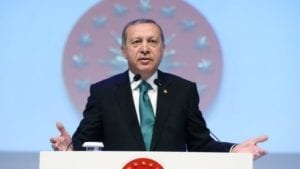
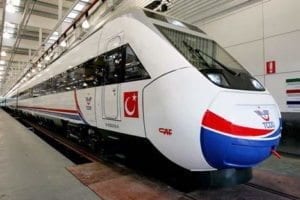
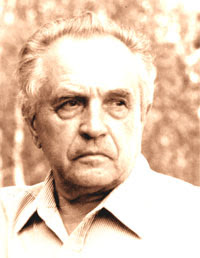
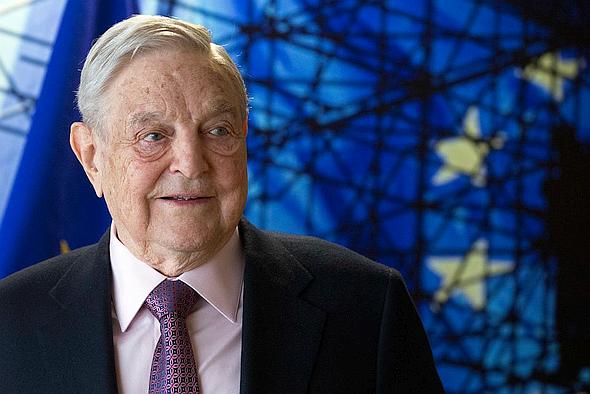
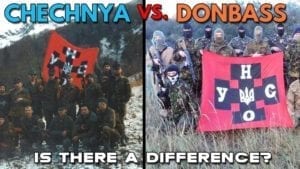

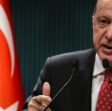

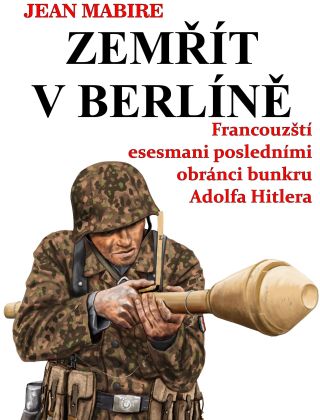 ***
***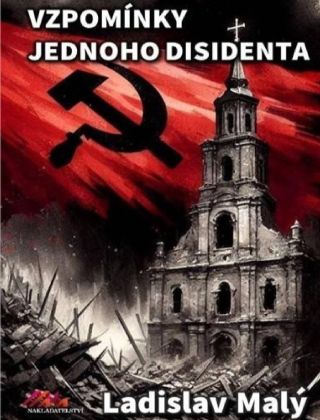 ***
***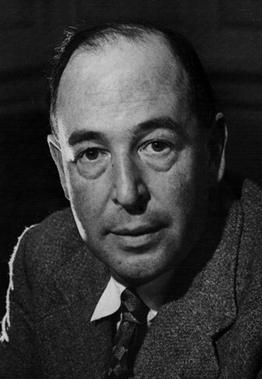 22. listopadu 1963 zemřel v anglickém Oxfordu irský spisovatel, jedna z nevýraznějších postav moderní britské literatury
22. listopadu 1963 zemřel v anglickém Oxfordu irský spisovatel, jedna z nevýraznějších postav moderní britské literatury  22. listopadu 1890 se narodil francouzský voják a státník
22. listopadu 1890 se narodil francouzský voják a státník
Nejnovější komentáře